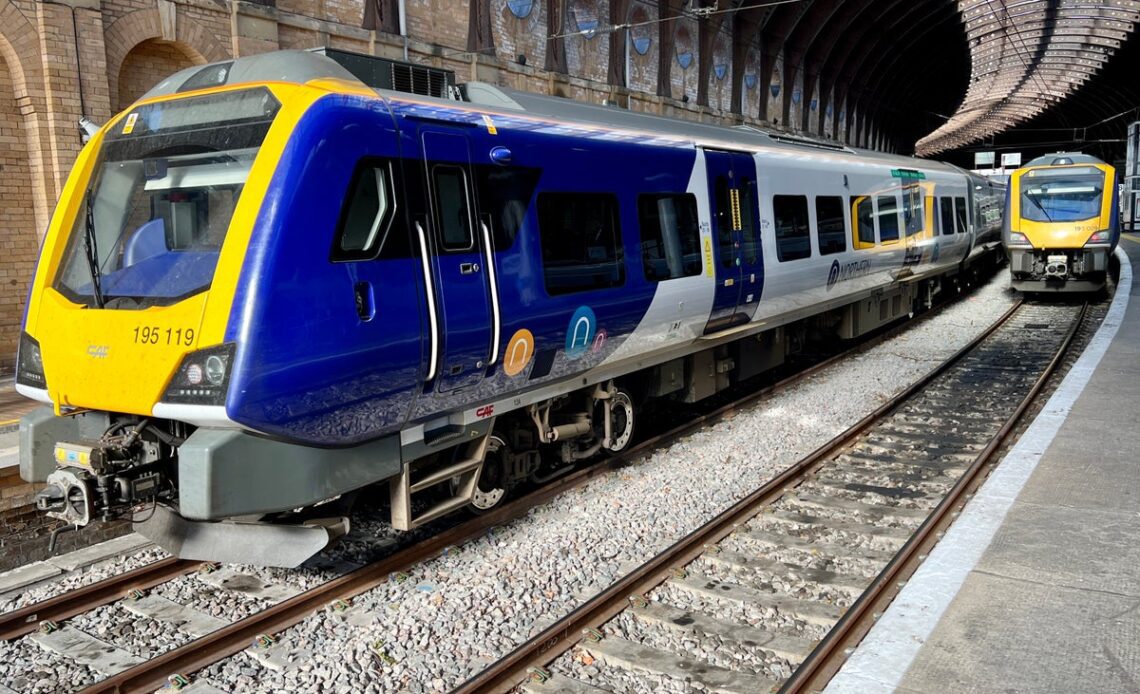As tens of thousands of rail passengers endure disruption, a ballot has begun on further national strikes.
Hundreds of trains across Great Britain have been cancelled due to a combination of a strike, faulty track and staff sickness.
East Midlands Railway passengers have experienced widespread disruption due to two days of strikes by members of the Unite union.
Dozens of services linking Sheffield, Derby, Nottingham and Leicester with London St Pancras, as well as regional links, have been axed. Schedules are expected to return to normal on Wednesday.
In other parts of the country, high levels of staff sickness have hit rail commuters.
TransPennine Express, which is already running a reduced timetable, cancelled more than 60 trains due to what it called “higher-than-normal sickness levels and a number of other issues including a training backlog as a direct result of Covid”.
Two dozen trains between Manchester Piccadilly and Hull were axed, along with many links between Liverpool, Manchester, York and Newcastle.
Many trains in northwest England were cancelled or severely delayed by faulty track at Huyton in Merseyside.
Northern said: “We’re experiencing a few cases of disruption across the network today which has meant that we’ve had to cancel and delay services.
“We’re also suffering from train crew unavailability and rostering challenges which is resulting in short-notice cancellations.”
An overtime ban by members of the RMT working for ScotRail is causing “daily cancellations and alterations to services”. Passengers are being advised to check journey plans on the morning of travel.
The RMT has called a 24-hour strike at ScotRail on 29 October.
Across Great Britain, RMT members have started voting in a second ballot on industrial action. The rail union has called eight days of national strikes since June, in a dispute over pay, jobs and working conditions.
The current mandate expires at the end of November.
The union told members: “The law requires your union to ballot you again and there must be a 50 per cent turnout. The dispute is at a crucial stage.
“This is your chance to keep up the pressure on the employers.
“There is huge support for your actions – and opposition to rail bosses making big profits at your expense.”
The ballot closes on 15 November. If a strike is called, at least two weeks’ notice must be given.
In a separate strike on Saturday 22 October, train managers working for Avanti West Coast and belonging to the RMT…
Click Here to Read the Full Original Article at The Independent Travel…
